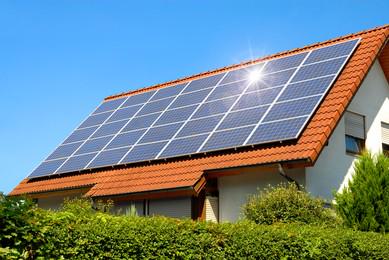
When selecting a generator for your home backup, consider size, fuel type, power needs, and compatibility with your home's electrical system.
What are the considerations you need to take into account when choosing a generator for your home?
If you are planning to buy a generator for your home, following are the key considerations:
What are the best options for a home backup generator?
When the power goes out, a backup generator can keep your home running, but what are the best options for a home backup generator? There are a few things to consider when choosing a backup generator for your home. The first is what type of fuel you want to use. Gasoline, propane, and diesel are all popular choices, but each has its own pros and cons. Gasoline is the most common type of fuel used in backup generators. It's easy to find and relatively inexpensive. However, gasoline can go bad over time, so you'll need to keep an eye on the expiration date and make sure to change the oil regularly. Propane is another popular option for backup generators. It's a clean-burning fuel that's easy to store, but it can be expensive. Diesel is the most efficient type of fuel, but it can be difficult to find in some areas. It's also important to make sure your generator is compatible with diesel fuel before using it. Once you've decided on a fuel type, you'll need to decide how much power you need. The size of your home and the number of appliances you want to run will dictate the size of generator you need. You'll also need to consider where you'll put the generator. If you have a garage or shed, you can store it there. Otherwise, you'll need to find a level spot outside where the generator can be placed. Finally, you'll need to choose a generator that's compatible with your home's electrical system. Most generators come with standard 110-volt and 220-volt outlets, but you'll need to check the specs to make sure it will work with your home's system. Once you've considered all of these factors, you'll be able to choose the best backup generator for your home.